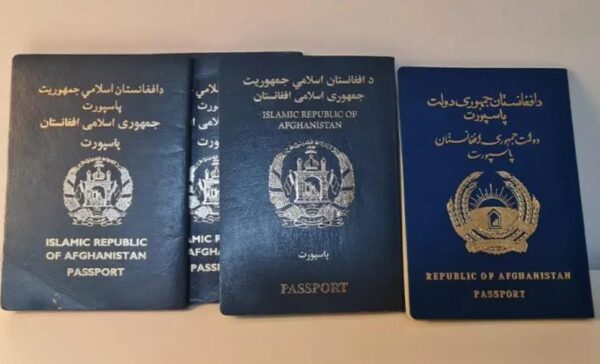Lifestyle
This is the most useless passport in the world
Afghanistan’s passport is considered the most useless passport in the world or the least powerful, granting visa-free or visa-on-arrival access to only 28 destinations. The strongest passport, which is Singapore opens doors to as many as 195 countries in the world.
The strength of a passport significantly influences a citizen’s global mobility. Passports are ranked based on the number of destinations their holders can access without obtaining a visa prior to travel.
Consequently, individuals from Afghanistan encounter substantial challenges in accessing opportunities abroad, whether for tourism, education, or employment.
Key reasons why a passport may be perceived as useless
- Low Global Mobility – If a passport grants visa-free or visa-on-arrival access to only a handful of countries, it severely restricts a person’s ability to travel.
- Strict Visa Requirements – Citizens of some countries must obtain visas for nearly all international travel, which can be expensive, time-consuming, and uncertain.
- Political and Economic Factors – Countries with political instability, conflict, or poor diplomatic relations often face restrictions from other nations.
- Global Security Concerns – Some passports are associated with regions that have security risks, such as terrorism, organized crime, or war.
- Lack of Diplomatic Agreements – Countries that lack strong diplomatic ties often have fewer visa exemptions, reducing the usefulness of their passports.
- Reputation and Perception – Some countries have a history of passport fraud or identity theft, leading to stricter screening for their passport holders.
How much is the most useless passport in the world?









